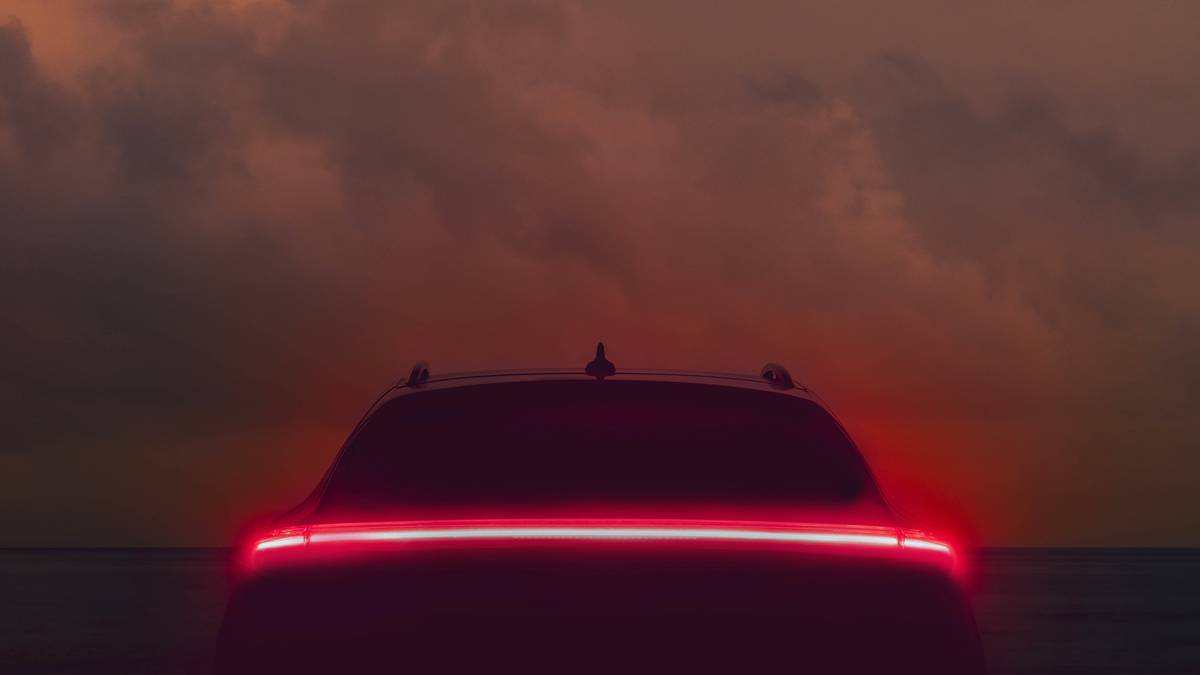Why EVs don’t go as far as you think and Elon Musk is ‘wrong’

Pic via Getty Images
Cameron McIntyre is stepping down as chief executive of Carsales’ owner Car Group this week after an 18-year tenure, but he still has plenty to say about the industry from EV makers fudging range claims to why Elon Musk is wrong about the future of car ownership.
Electric vehicles brands are falling short of their advertised ranges on a single battery charge, with real world testing of BYD, Tesla, Kia and Smart EV models revealing the performance of Chinese-manufactured cars was 23 per cent below its promoted road distance.
For Mr McIntyre, the testing from the Australian Automobile Association is not surprising and something drivers considering an EV need to be aware of.
“Sometimes what’s on the packet isn’t necessarily how the battery goes,” Mr McIntyre said.
“You’ve got temperature fluctuations, so extremely cold weather will draw more energy out of a battery than when it’s hot. You’ve got your heater running and music running and so on. It can be vastly different depending on the way you’re driving the car too.”
For this reason, he believes hybrids are more the way to go for green-minded motorists.
And that is reflected in Carsales’ own data. During the Covid-19 pandemic, 55-56 per cent of drivers were considering buying a pure EV. That has now plummeted to 37 per cent after hitting as low as 30 per cent.

Mr McIntyre attributed the slight uptick to the flood of cheap Chinese EVs entering the market.
“Three years ago, the major concerns that consumers had were around the price of an EV and range. Today, when you look at some of the newer cars coming into the market, they are priced very competitively and their range is good. So some of those issues are starting to fall away.
“But we still see Australian consumers have a preference for hybrids. So whether it’s a hybrid or a plug-in hybrid over an EV, and that’s largely because of the flexibility that a hybrid gives them around range and sort of trip that they want to take. So if you want to go to the Blue Mountains, you’re going to worry about range and recharging, particularly in the height of summer, when everyone’s trying to get there
“A hybrid gives you flexibility around that and takes the stress out of it. So people still have more of a preference for hybrids over EVs.”

At the end of the day, Mr McIntyre is not fazed about which drive trains, engines or fuel types Australians favour – so long as they keep buying and selling cars.
Carsales’ latest financial results show that the auto market is proving resilient to the cost of living crunch.
Revenue jumped 8 per cent to $1.01bn in the year to June 30, while net profit surged 10 per cent to $250m. It will pay a final dividend of 41.5 cents per share – 40 per cent franked – on October 13, representing an 8 per cent increase compared with last year.
And more than $130m flowed through its customer-to-customer payments platform Pay with Carsales.
“What we care about the most is people buying and selling cars, and the more frequently they do that, the better it is for our business,” Mr McIntyre said.
But there is a threat to that model. Elon Musk’s vision for Tesla focuses on a shift from traditional car ownership to a model where vehicles are used for ridesharing and ‘robot-driven Ubers’, unveiling Tesla’s robotaxi company Cybercab last year.
And Mr Musk has warned of the consequences of those who fail to adapt.
“The reality is that in the future, most people are not going to buy cars. If you continue on that phone metaphor, I can remember the days of flip phones. There were 100 different flip phone designs. The mistake manufacturers made was to try to make different variants of a flip phone. They should have made an iPhone,” Mr Musk said earlier this year.
But Mr McIntyre disagreed.
“This has been something that’s been talked about for as long as I can remember. Our perspective is that consumers, even if they don’t necessarily own a car, some will still own cars, and those cars will still do many, many kilometres.
“What might happen is – rather than the owner of a car trading that car, when the car’s done five years and 100,000 kilometres – it might be that they’re trading a car within two years and 100,000 kilometres, just because the car they own is on a platform that’s driving other people around.
“So I think the numbers of kilometres that are going to be driven around will not change. They will probably potentially go up, and cars will still be turned over based on the kilometres that are being done.”
Personally, Mr McIntyre said he was not a fan of the model.
“I will never just use someone else’s car. You know, for me, my car is my sanctum. I love my technology in my cars. I love driving my car around.
“I can’t imagine being driven around in someone else’s car. I just love the experience of being able to get into a car whenever I want to rather than having to wait and do the things I want to do.
“I don’t think I’ll change. Maybe that’ll be for some future generation, but I don’t see it being something that’s likely to impact any of us for the time being.”
Carsales chief financial officer William Elliott will succeed Mr McIntyre on Friday.
This article first appeared in The Australian as Why EVs don’t go as far as you think and Elon Musk is ‘wrong’ about the future of car ownership
Related Topics
UNLOCK INSIGHTS
Discover the untold stories of emerging ASX stocks.
Daily news and expert analysis, it's free to subscribe.
By proceeding, you confirm you understand that we handle personal information in accordance with our Privacy Policy.








